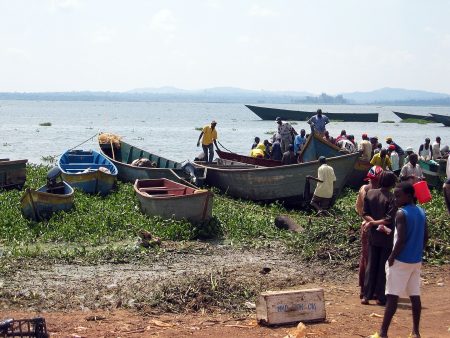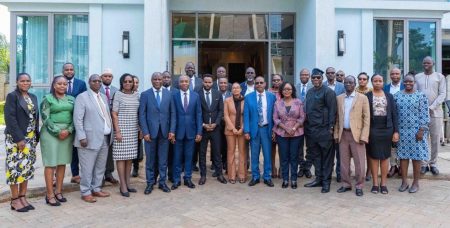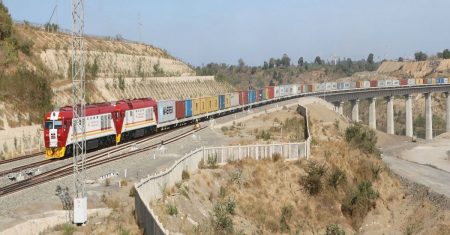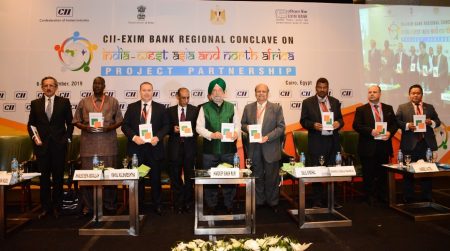This content is for Premium Subscribers only. To view this content, login below or subscribe as a Premium Subscriber.
Related News Articles
The Dream of Linking Lake Victoria to the Mediterranean Sea
11 December 2024
North Africa, South Sudan
3 min
Kenya-South Sudan Joint Infrastructure To Boost Regional Trade
21 August 2023
North Africa, South Sudan
1 min
No Masterplan, But Rail Is Part Of South Sudan’s Investment Strategy
30 April 2019
North Africa, South Sudan
1 min
1 min
Handing Over The Elegu One Stop Border Post (OSBP) To Uganda Revenue Authority
23 November 2018
North Africa, South Sudan
1 min
1 min
Uganda Standard Gauge Railway
07 June 2018
North Africa, South Sudan
1 min
1 min
Lappset Corridor Development Authority Lamu County Visit
06 December 2017
North Africa, South Sudan
1 min



